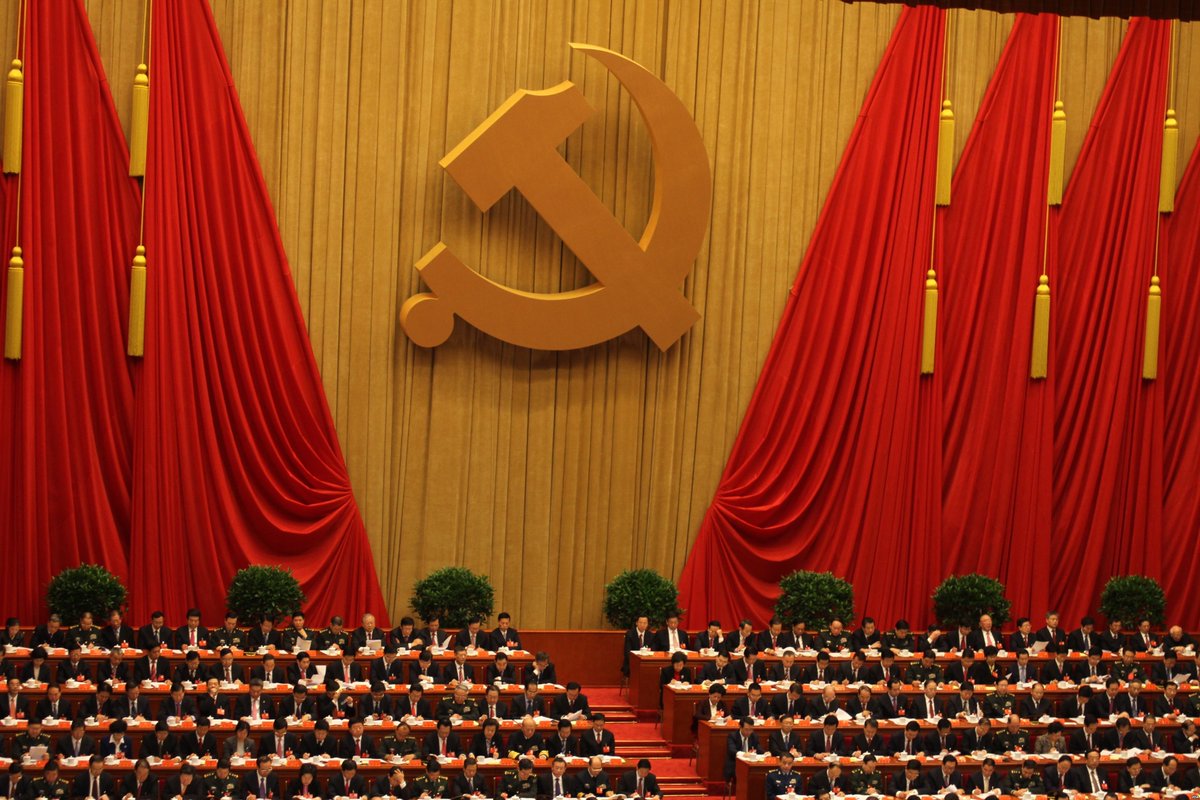What does it mean to teach and research contemporary China under the conditions of the so-called Hong Kong National Security Law? 1/10
The key problem facing any scholar who deals with mainland China is Chinese Communist Party (CCP) censorship and the fear of losing access by being an outspoken critic of the regime 2/10
The CCP& #39;s so-called National Security Law effectively codifies the illiberal tenets of previous oral and written party directives such as the & #39;7 Don& #39;t Speaks& #39; and & #39;Document No 9& #39;. It now directly endangers scholars, even those who work outside mainland China & Hong Kong 3/10
While I profoundly dislike the resulting self-censorship among China specialists—see Greitens & Truex research article from 2019—I can also understand why under specific circumstances colleagues may adopt such coping strategies 4/10 https://www.cambridge.org/core/journals/china-quarterly/article/repressive-experiences-among-china-scholars-new-evidence-from-survey-data/C1CB08324457ED90199C274CDC153127">https://www.cambridge.org/core/jour...
I consider it highly likely that academics who decide not to speak up against the authoritarian excesses of the Chinese Communist Party will feel rather guilty for keeping mum. But let& #39;s not forget that such coerced silence is also a form of victimisation 5/10
The alternative of being outspoken also carries considerable risks: Due to my public critique of the CCP I have received numerous death threats and also been subject to a rather nasty cyber bullying and smear campaign 6/10 https://twitter.com/AMFChina/status/1256088205998411776?s=20">https://twitter.com/AMFChina/...
At the heart of this conundrum thus lies the question how we can sensibly deal with a very difficult political situation in mainland China and its periphery. It is good that this debate has started in earnest, see the recent @ChinaFile conversation 7/10 https://www.chinafile.com/reporting-opinion/viewpoint/how-teach-china-fall">https://www.chinafile.com/reporting...
Regardless of how individual academics position themselves vis-a-vis the CCP, scholars should never forget that we have one thing in common: we are *all* victims of authoritarian rule in mainland China 8/10
The realisation that we are all victims of authoritarian rule in mainland China should enable us to seek solidarity in a higher education sector which is increasingly marked by fierce competition under the conditions of excessive financialisation and corporatisation 9/10
And as victims of authoritarian rule in mainland China we can also start *working together* to find principled and pragmatic solutions on the political institutional as well as organisational level to counter this direct threat to academic freedom /End https://www.chinafile.com/conversation/how-should-democracies-respond-chinas-new-national-security-law-hong-kong">https://www.chinafile.com/conversat...

 Read on Twitter
Read on Twitter







